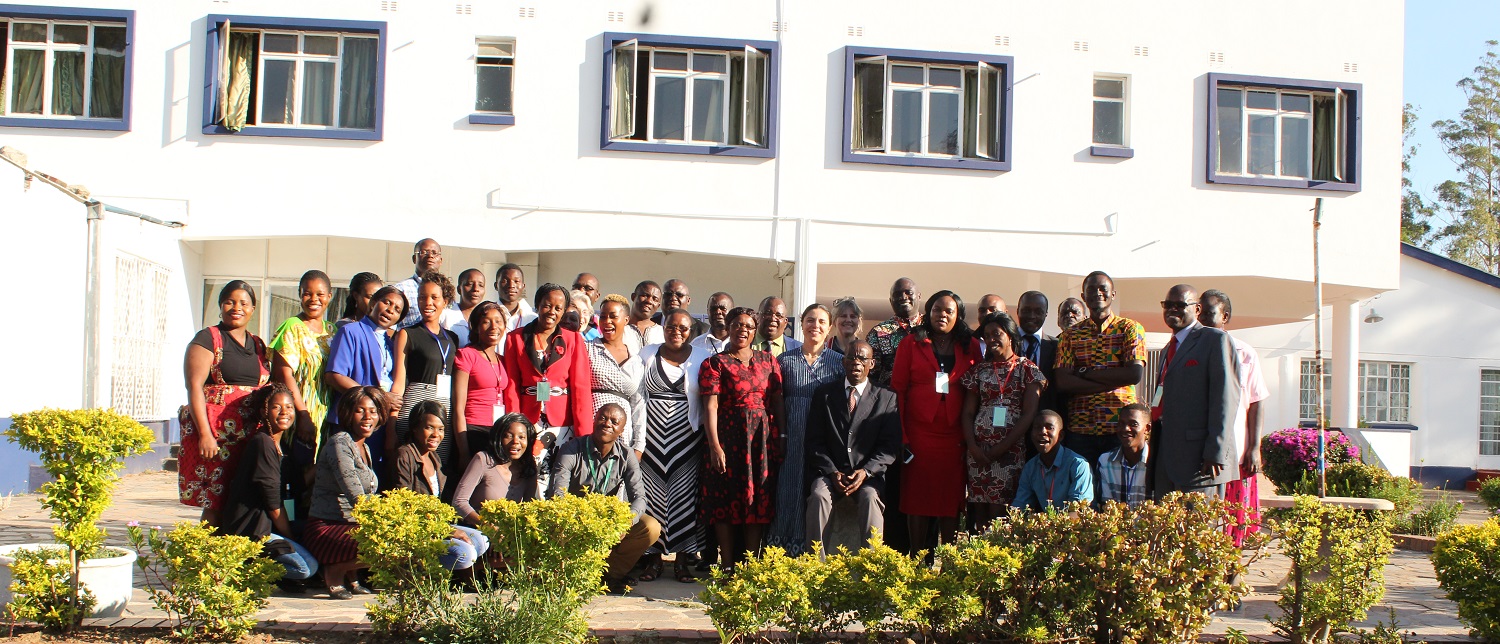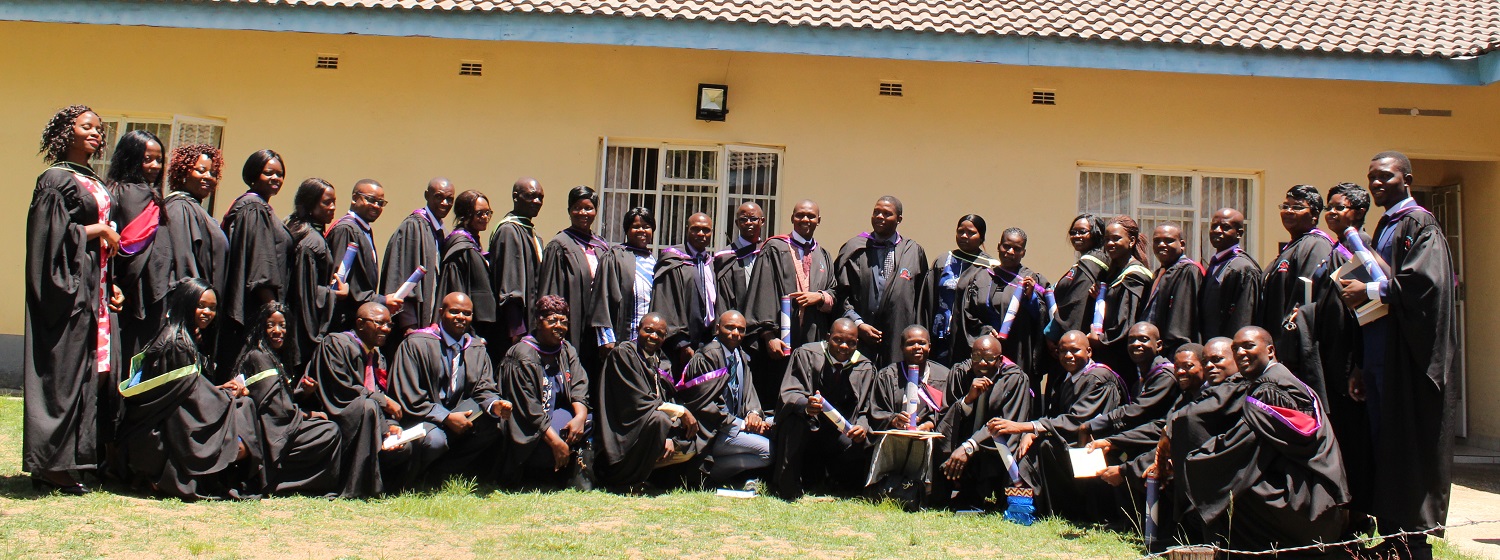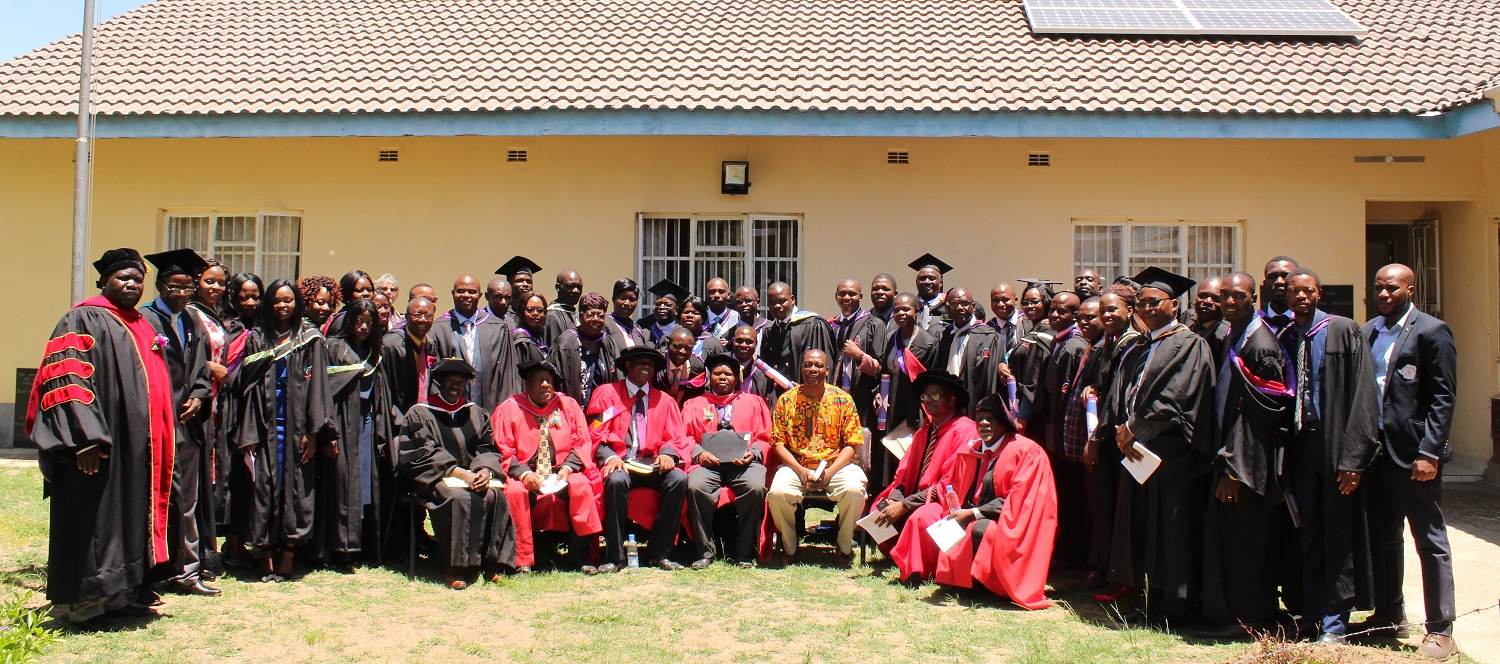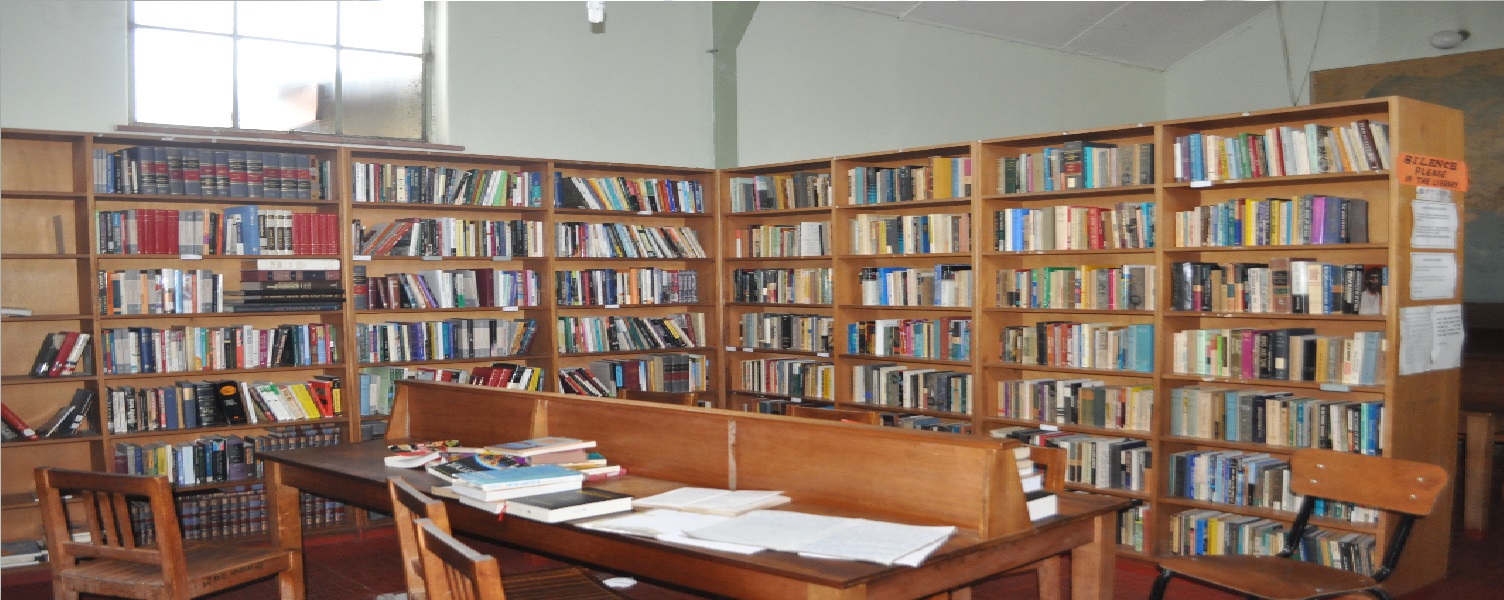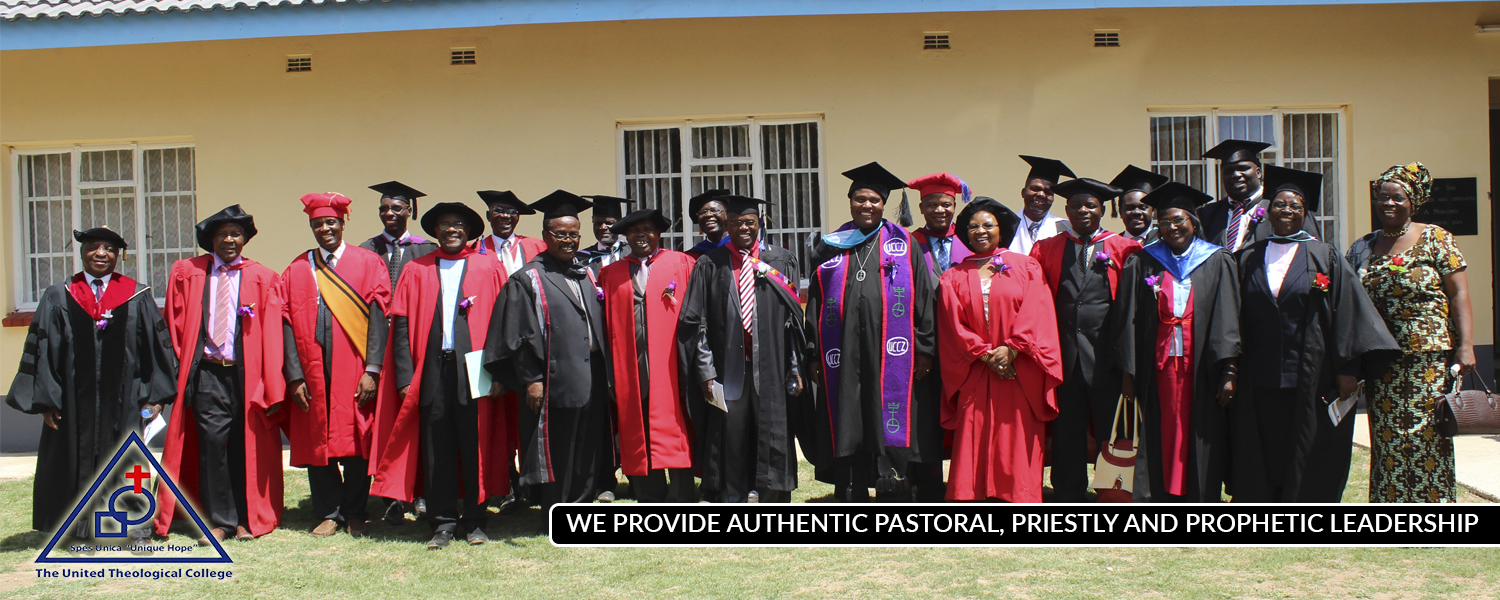College History
The greatest challenge today for the Church in general and Religious Education in particular is how to be relevant and authentic in a society characterized by conflict, corruption, fear and despair in the midst of a polarized political environment. In such a society as ours, where the Church remains the biggest Institution people tend to ask such question:
◦What is the meaning and role of Christianity in the light of our human experiences of pain, hurt and suffering?
◦Has the Church been a means of grace as the continued presence of Jesus the Christ on earth?
◦Can the Church find space in the midst of political confrontation, not as partisan player but rather as a peacemaker and reconciler?
Such questions present a theological dilemma to many pastors who were trained to be Evangelists whose concern was about saving souls from going to hell, who never imagined that social justice was part of the Church’s message of restoration and renewal. Such pastors tend to be shocked at the manifestation of social and moral injustice, as well as cultural and political fragmentation of the values of life because they were not trained to deal with such issues. Interestingly the content of the story of Christianity is not merely about God’s love for a sinner but it is also the story of healing people from pain and addressing their social and political challenges as they seek to follow God. Observably, there is no common mind in our varied theological traditions concerning the means at the Church’s disposal to deal with aspects of social injustice and oppression. But running through the numerous accounts of God’s revelation in history, it is crystal clear that God’s majesty is inextricably bound to social justice and holiness hence Gregory Baum observes; “the sacred becomes the bearer of a judgment on human life and society; and of a promise for the righting of present ills” (Gregory Baum, 1980;35).
In such a society as the case of Zimbabwe images; authentic, relevant and contextual modes of ministry remain the only prima for the discovery of a prospect and way toward a renaissance of a commonwealth of human faith and hope, meaning and learning, life and action. In a time when tradition is in disarray and ideological pragmatism distorts seeing and deafens hearing, an authentic Church with relevant modes of ministries remains the only option toward promoting a faithful and practical discourse with our present realities in an attempt to move toward a ‘usable future’. Such ministries must warn, correct, rebuke and counsel those who govern and those who are governed, the great minds and small minds, and the seekers and cynics alike – what it takes to be truly human in a world that is not so friendly to humanity. Key to the realization of such important demands, there must be a new way of doing theology in institutions of leadership training and development.


